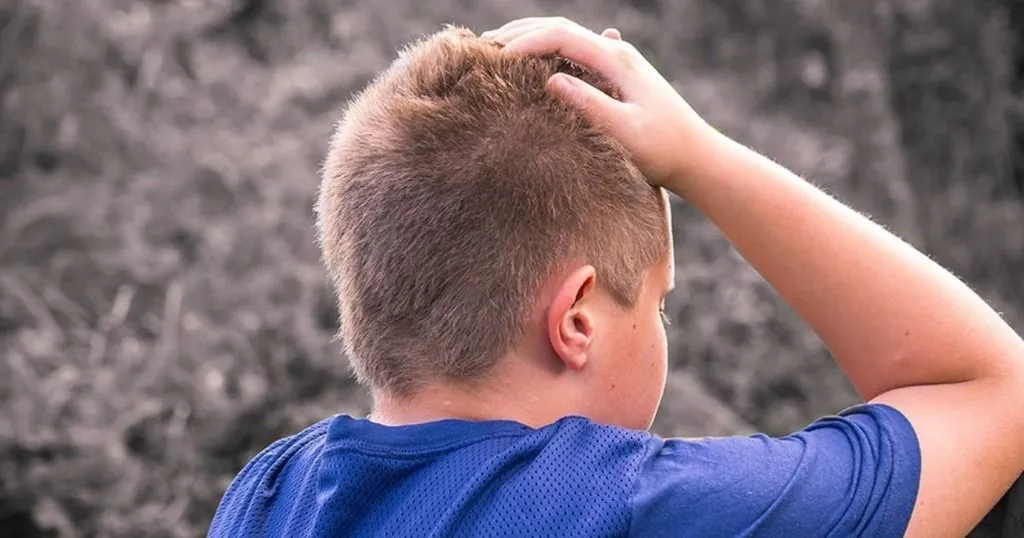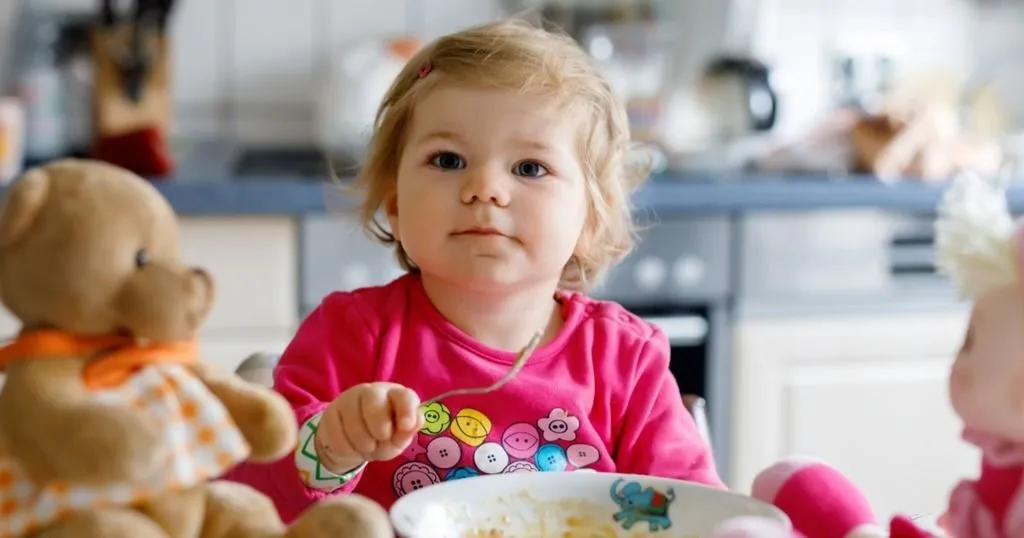A-bad-influence: Parent substance use disorder and child outcomes
Like parent, like child. Children become who they are with the influence of all of their past experiences and often, the parents are a large part of that influence.
Posted by
Published on
Thu 12 Sep. 2013

Like parent, like child. Children become who they are with the influence of all of their past experiences and often, the parents are a large part of that influence. When there is trouble at home, that can impact a child’s everyday life in their behaviors and performance.
Prior studies have found associations between parent substance use disorder and negative child outcome (problem behaviors, performing poorly in school, and child substance use). Bailey and colleagues expanded on previous work with their study and took a developmental approach to the association between parental substance abuse and the behaviors children exhibited.
The purpose of this experiment
Bailey et al. were looking specifically at how parental substance abuse problems affect the parenting behavior and child behavior during key developmental transitions like the one from childhood to adulthood. They had three hypotheses that were possible. The first was that early adult substance abuse ends up disrupting the transition to adulthood, which ultimately results in poor functioning as an adult which has a negative effect on parenting.
A second hypothesis for the link between early adult substance use disorder and later parenting practices is that common individual personality or behavioral traits will lead to both of these outcomes.
The final hypothesis is that poor parenting of a child may lead to early adult substance abuse and could be reflected in that child’s parenting practices when they grow up.
Methods used
This study used data from two different research projects to find links. The first set of data came from the participants when they were children. A portion of the participants was exposed to preventive intervention in elementary school. The second project collected data on those participants who became parents with the included data of their oldest child.
The Observer XT was used by trained coders to code the interactions found in the tapes of the interviews, which occurred within six weeks of the child’s birthday each year.
The study measured parent early adult illicit drug use disorder (DUD), observed parenting practices, child externalizing behavior, disrupted adult functioning, parent behavior and personality traits, adolescent family process, and other variables. The other variables included data such as the age of the target child (to see if parenting practices are rated differently for younger children than older), the chance of prenatal drug exposure, and the sex and ethnicity of the parent.
Results and conclusion
While in early adulthood, 24% of the participants in the study reported meeting at least one of the criteria for illicit DUD; by age 27 that number had decreased to 9%. Also, mothers reported some substance use (mostly smoking cigarettes) during pregnancy in 30% of cases.
There was a positive relationship between observed low-skill parenting and early adult illicit DUD. Also, low-skilled parenting had a significant association with parent-rated child externalizing behavior while prosocial socialization did not.
As was expected, young adult illicit DUD ended up being associated with the observed parenting practices. Higher levels of DUD symptoms in young adults were associated with higher levels of low-skilled parenting later on.
This study does suggest, though, that early adult substance use may end up being relevant to later parenting. There was limited support for the disrupted transition to adulthood explanation the link between parenting practices and early adult DUD. Young adult DUD significantly predicted the measures of parent adult functioning later on.
The findings in this study did support the idea that already existing traits in personality or behavior could explain early adult DUD and parenting practices later on. However, it did not support the hypothesis that experienced parenting in childhood and disrupted family processes in adolescence might explain the early adult DUD and parenting practices association.
Overall, the results suggest that early adult problem drug use could have an impact on later parenting skills.
References
Bailey, J.A.; Hill, K.G.; Guttmannova, K.; Oesterle, S.; Hawkins, J.D.; Catalano, R.F.; McMahon, R.J. (2013). The association between parent early adult drug use disorder and later observed parenting practices and child behavior problems: testing alternate models. Developmental Psychology, 49 (5), 887-899.
Related Posts

Learn about people's behavior by observing them

How to develop your training and education facility

